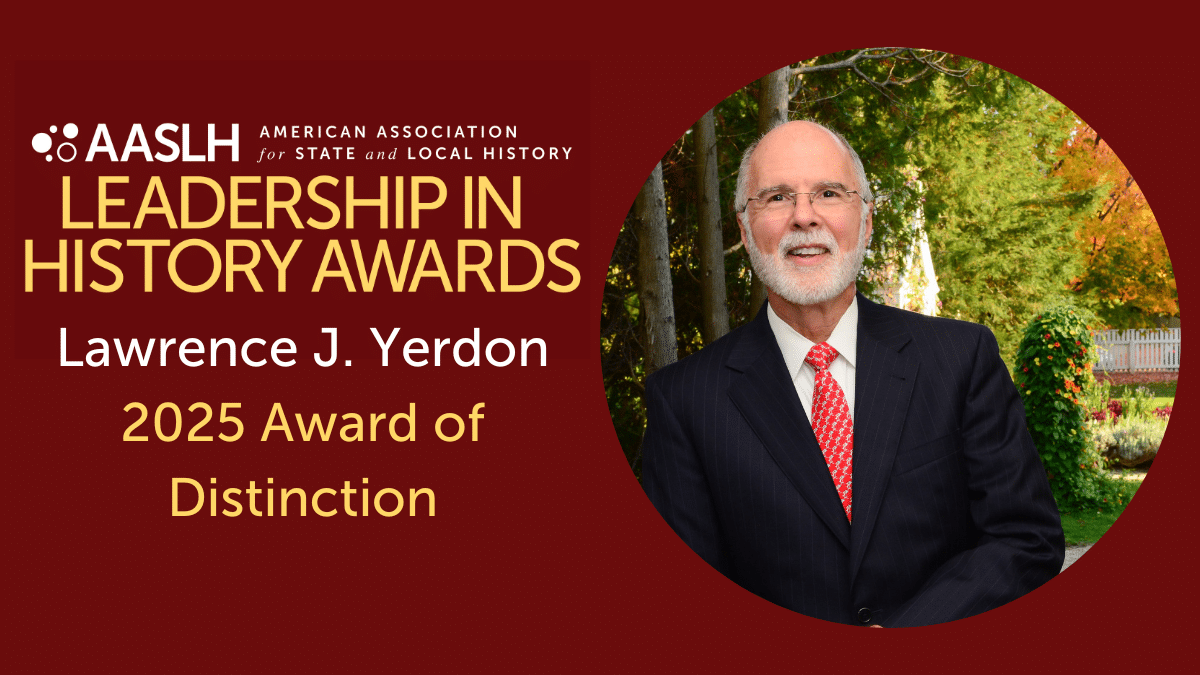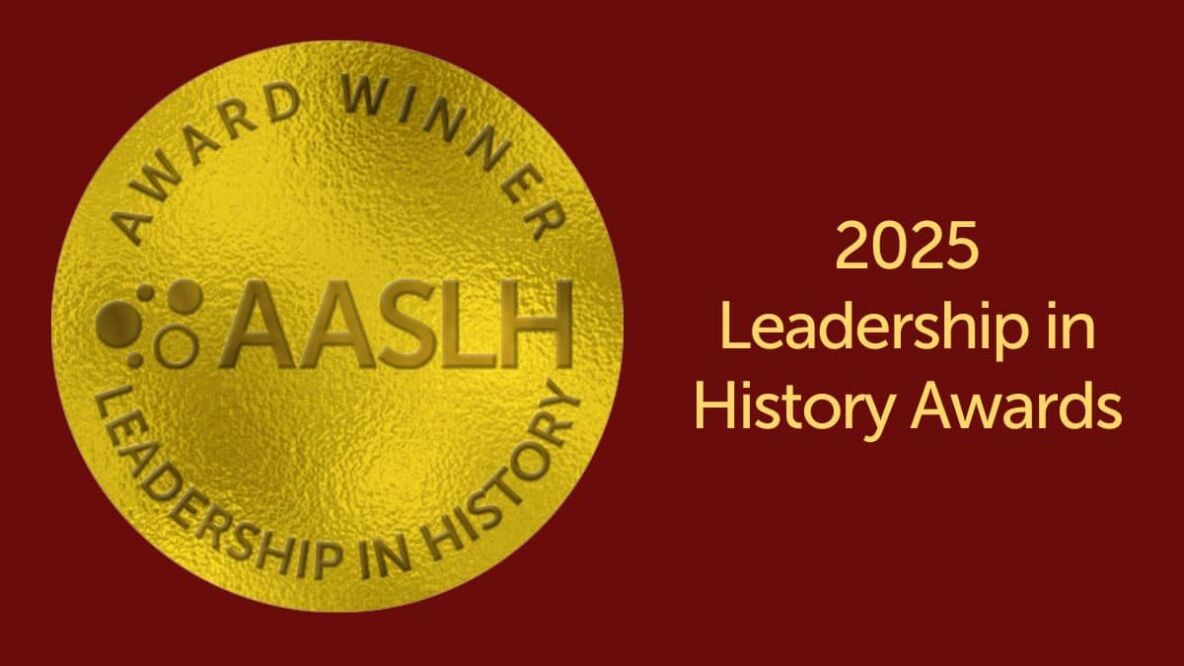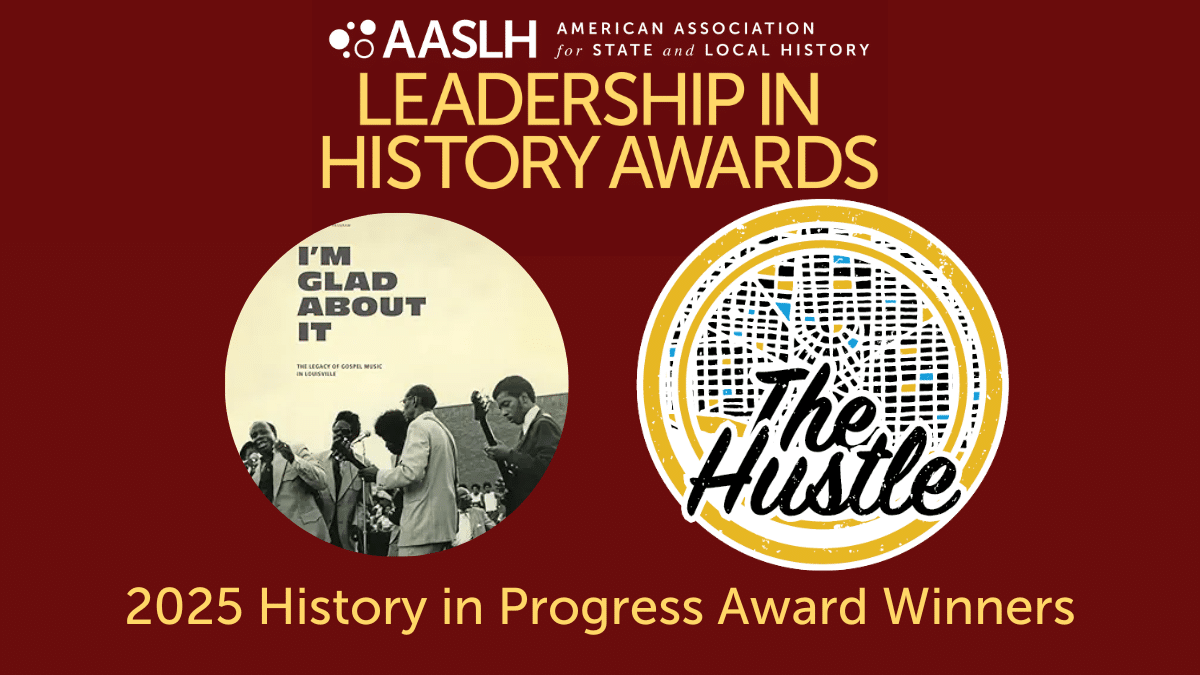During the 17th century, the draw of religious freedom led large numbers of Germans to William Penn’s colony where their belief in folk magic and witchcraft was able to thrive. Later, when puritanical laws declared witchcraft punishable, Penn’s careful handling of the trials resulted in the prevention of the type of witchcraft persecutions that would be seen only a few years later in Salem. The book Witches of Pennsylvania: Occult History and Lore examines the occult practices of the Pennsylvania Germans, the mechanics of their magic, and the dispersion of their beliefs throughout the state.
Witches of Pennsylvania provides the first complete historical overview of beliefs about witchcraft in the state of Pennsylvania. It begins with William Penn’s trials and winds through the centuries including the Progressive Era when folk healing and folk magic were coming under fire by university-trained doctors and educators. These attacks continued to build until the 1920s and 1930s when a pair of witchcraft-related murders caused a panic about the continuation of such beliefs in the modern world. As a result, many practitioners were driven underground by the end of the decade. Witches would re-emerge in the urban legends of Pennsylvania’s youth with teenagers taking “legend trips” to isolated locations associated with the supernatural. The 1980s saw those relatively harmless legends take a sinister turn during the “Satanic Panic” when such locations were linked to Devil worship. The author connects the many ways the panic of the 1980s resembled the earlier panic of the 1930s with police and educators responding to the perceived threat.
Witches of Pennsylvania combines local history with a topic of current interest to many historic sites and museums across the nation. Ghost tours, Halloween events, and similar programming is common, but is often met with reluctance to give in depth historical analysis to these tales. The author carefully and successfully balances the supernatural lore with academic, primary, and secondary realities. This combination allows communities from all over Pennsylvania to not only tell their witch stories, but more importantly explain how these legends continue to shape their communities.
Recipient
Thomas White
Duquesne University
Pittsburgh, PA
Award Details
2014 Award of Merit



